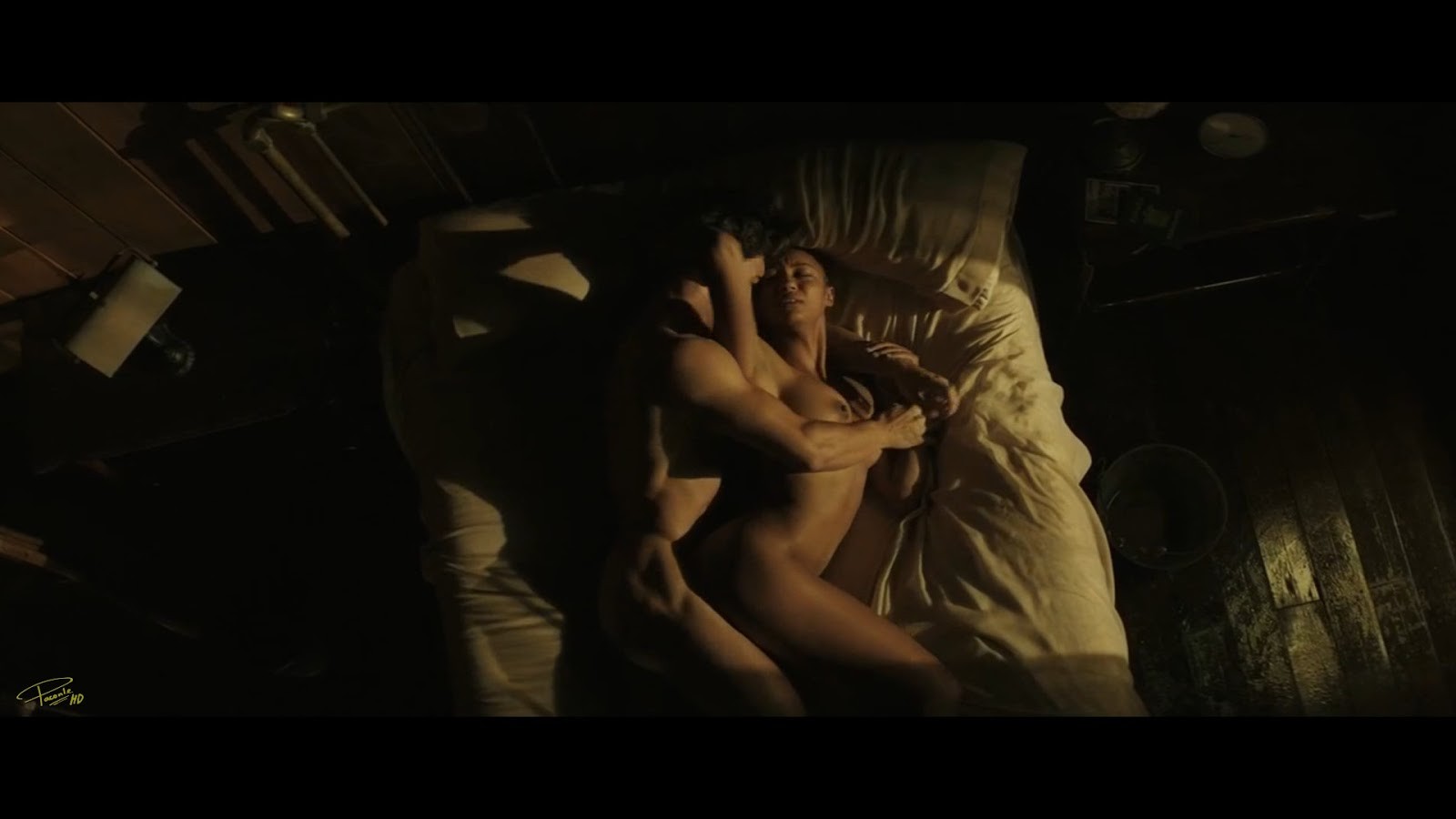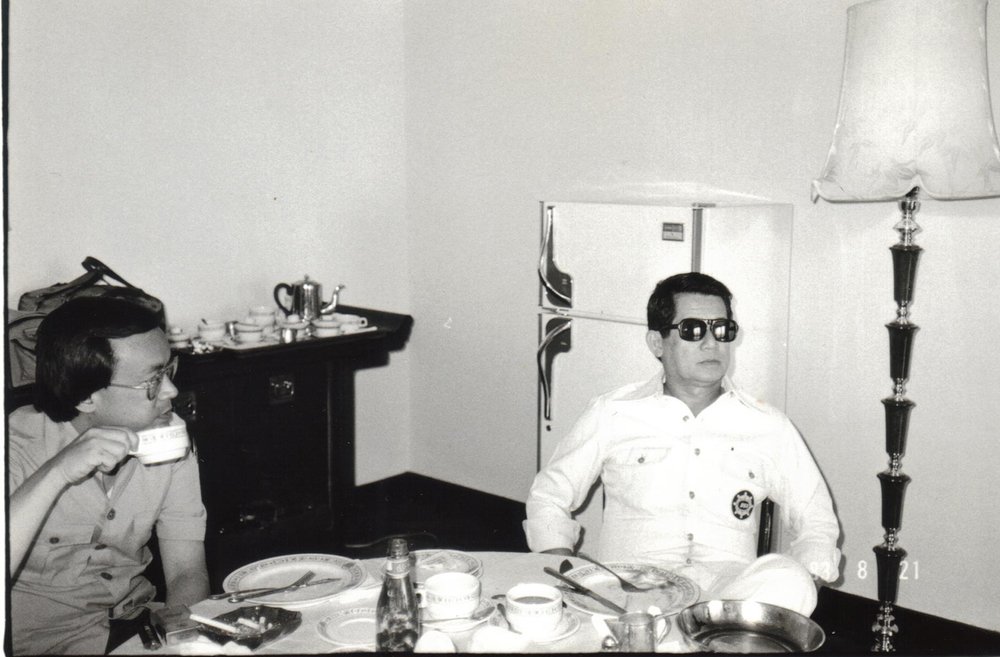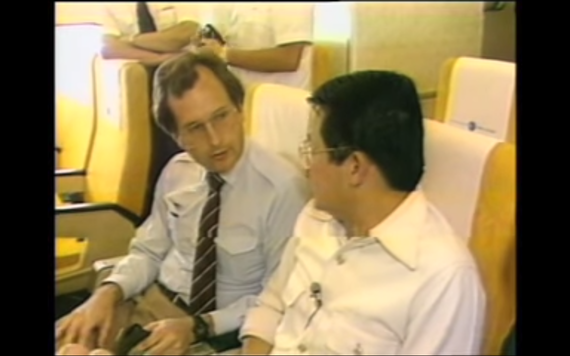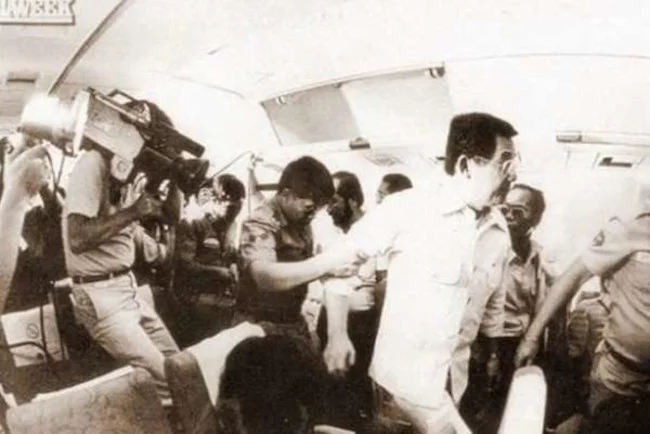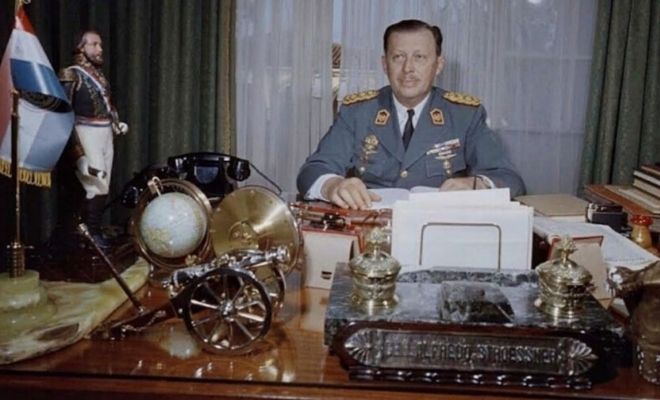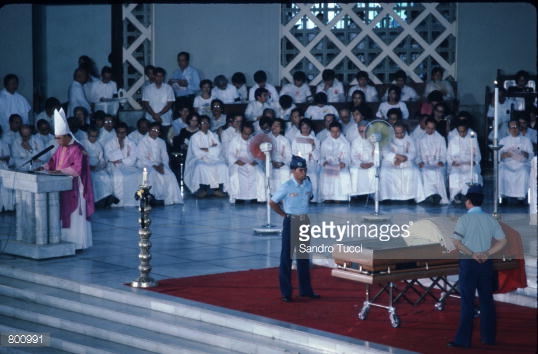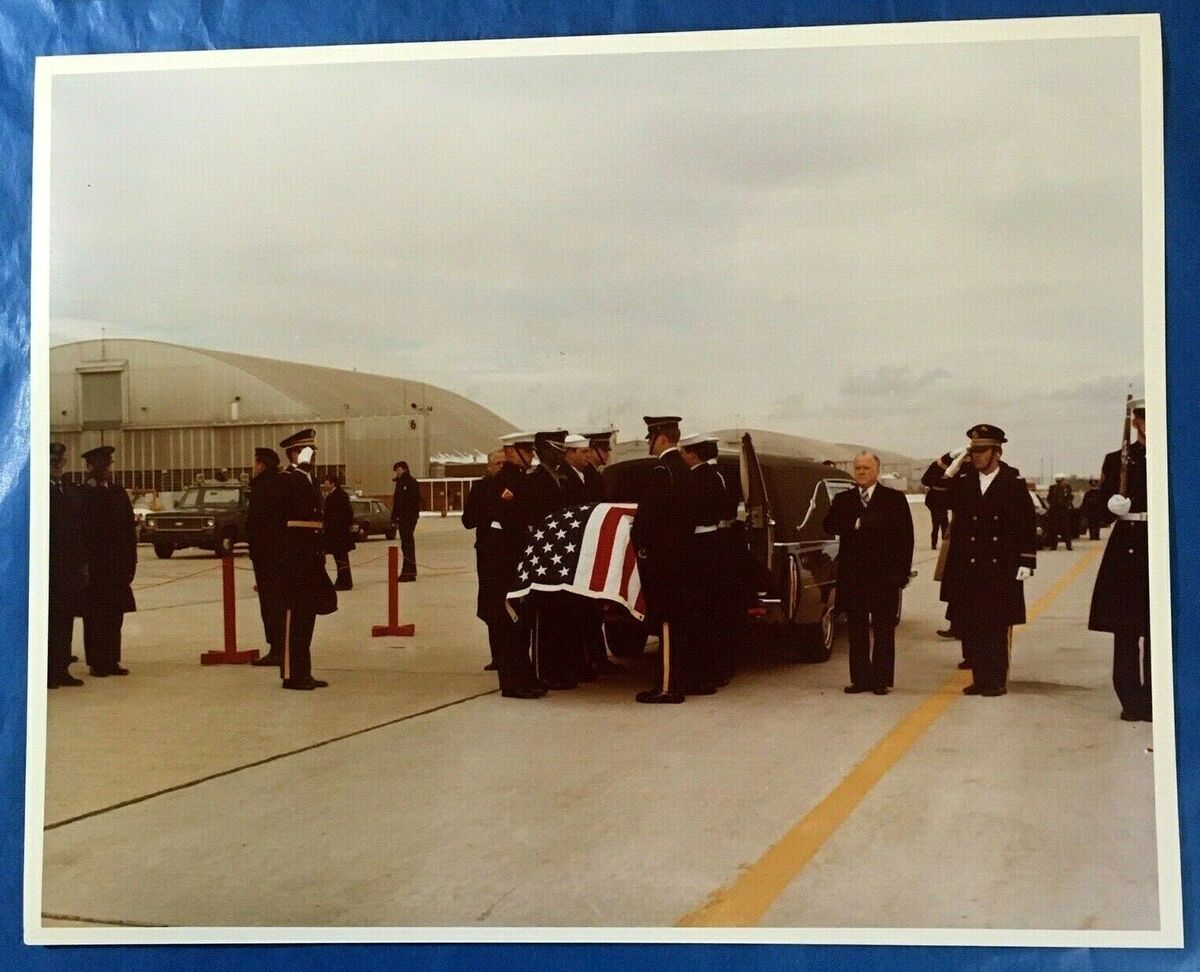Chapter 15: She is Miss Universe 1983
Sergeant Foley
Well-known member
She IS The Fairest Of Them All!
Monday, 11 July 1983
Kiel Auditorium
Saint Louis, Missouri

Monday, 11 July 1983
Kiel Auditorium
Saint Louis, Missouri

......"I couldn't believe it. I couldn't believe that they had chosen me."
......"Being crowned was a surreal experience. I felt like I was going through the motions. When I look at footage of me walking up the stairs and being bombarded by all the other girls, I remember it was a lot-it was scary."
-Lorraine Elizabeth Downes
32nd Miss Universe 1983
Exclusive Interview: Miss Universe Titleholders Through the Years
In front of a worlwide television audience of 700 million, 19-year-old Aucklander Lorraine Downes' shocked reaction won the entire world's hearts as she won the Miss Universe Crown defeating the heavily-favoured Miss USA Julie Hayek.
Downes made history indeed by becoming the first New Zealander to win the Miss Universe Crown.
Downes wore a midnight blue ball gown designed by Dawn McGowan from Television New Zealand's wardrobe department. The presence of Downes' parents in the crowd gave her a huge boost following three weeks of rehearsals, media calls, parties and early mornings.
Prime Minister Robert Muldoon sent Downes a telegram which read: "Congratulations. All New Zealanders are very proud of you. Beating the Australians at rugby league and now the world at beauty, poise, and charm. Well done." Several days earlier, the New Zealand Kiwis had beaten the Kangaroos. Minister of Tourism Rob Talbot began thinking how New Zealand should capitalize on Downes' upset victory, "From the coverage last night, I think this is the greatest international coverage New Zealand has ever had from one personality."
Downes returned to New Zealand briefly and attended a function at Parliament House in Wellington, where Talbot appointed her as Honorary Ambassador of New Zealand "for the magnificent public relations job she has done for this country." Upon her arrival at Parliament House for the official Welcoming Honors Ceremony, Downes was greeted by an Honour Guard of marching girls and 200 MPs and countless dignitaries. She also met with Prime Minister Muldoon and his wife, Thea Muldoon during a special Courtesy Call at Premier House (Residence of the Prime Minister).
Last edited:


